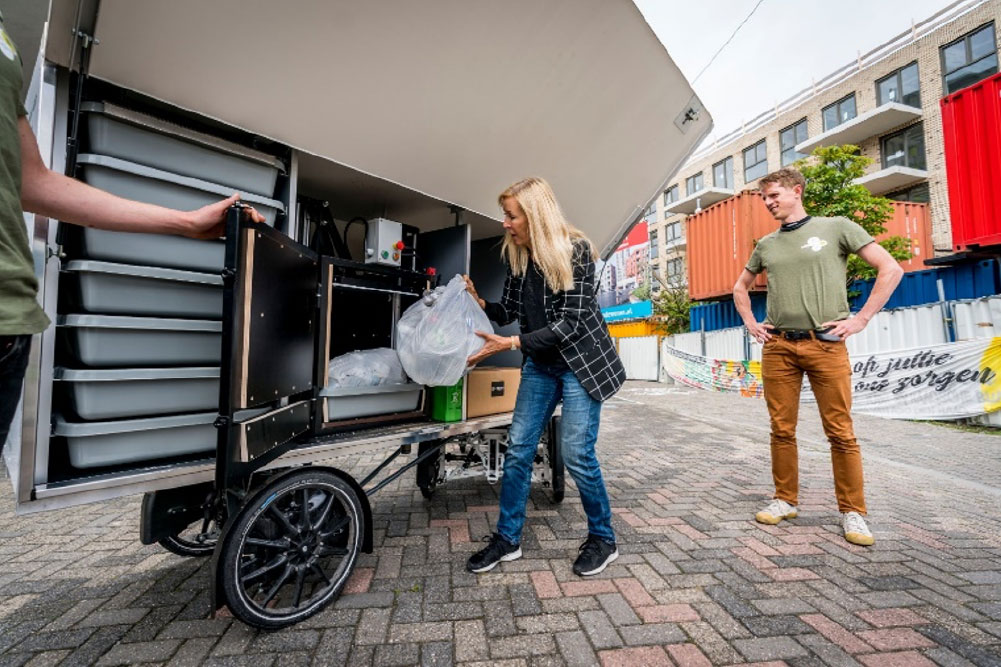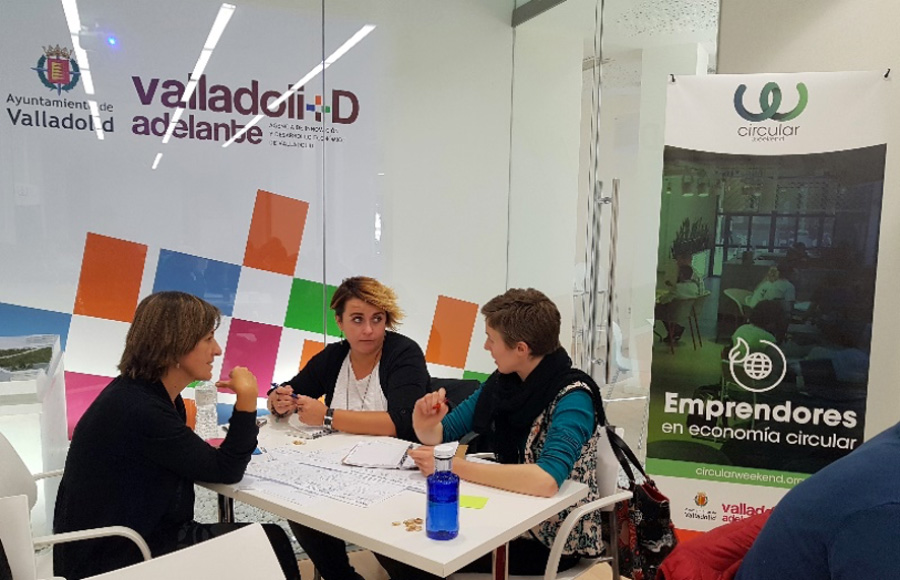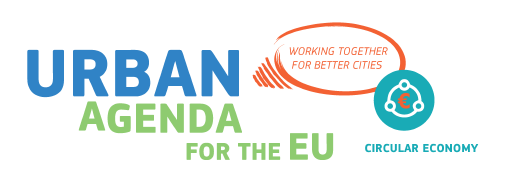Get inspired
 Circular city initiative
Circular city initiative
The Hague: catalysing the local and European circular transition
Library
Start to search in the circular city funding library!
Searching for a specific topic?
Search by tags





